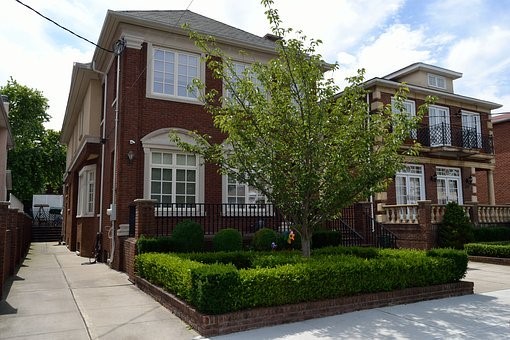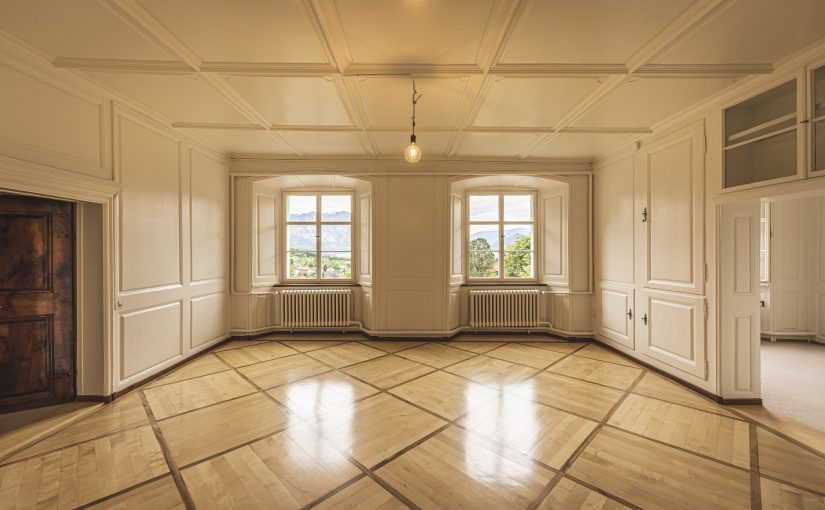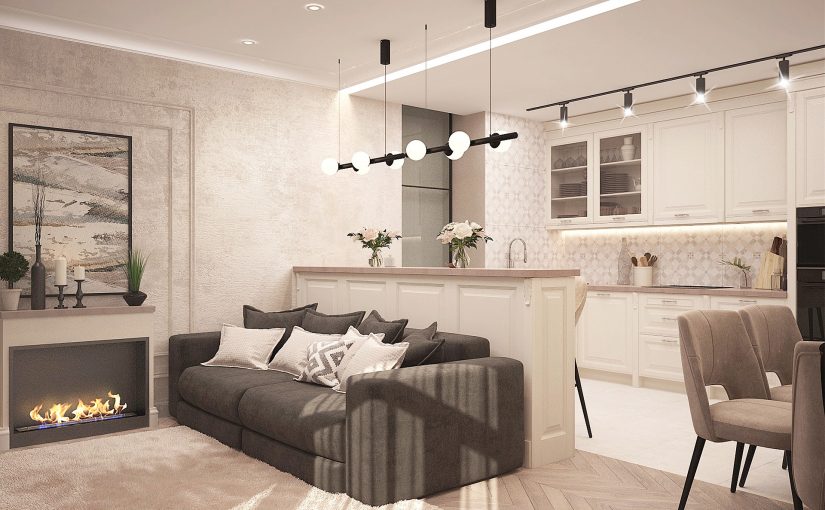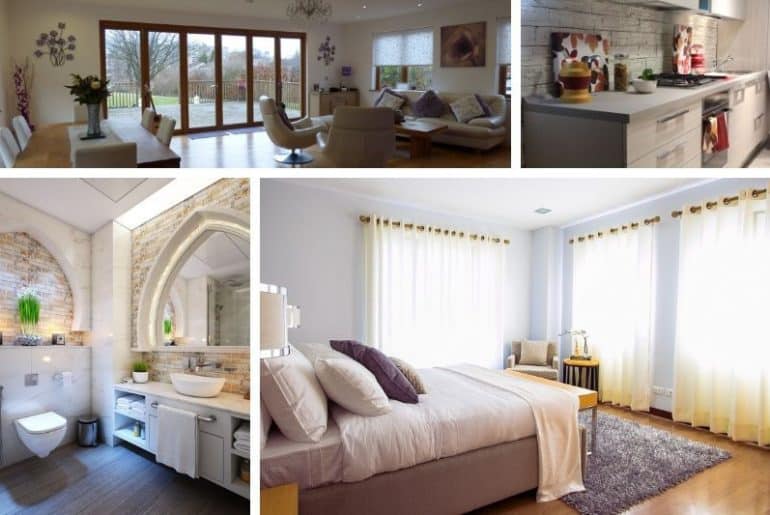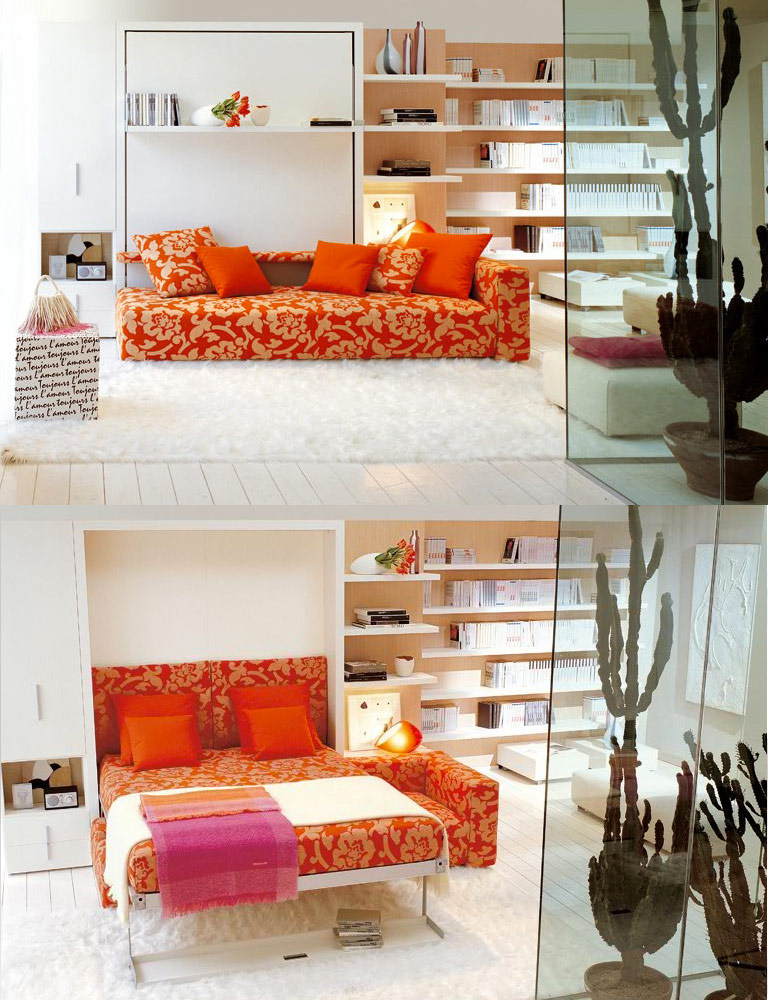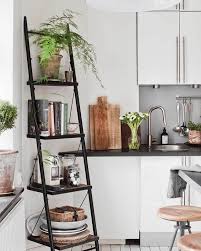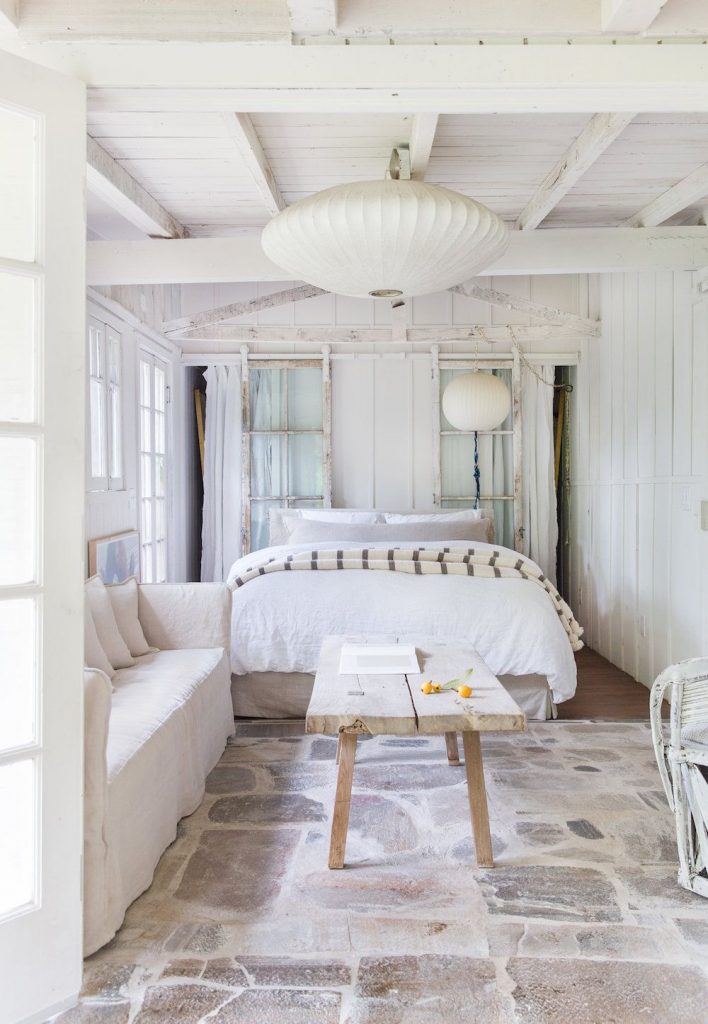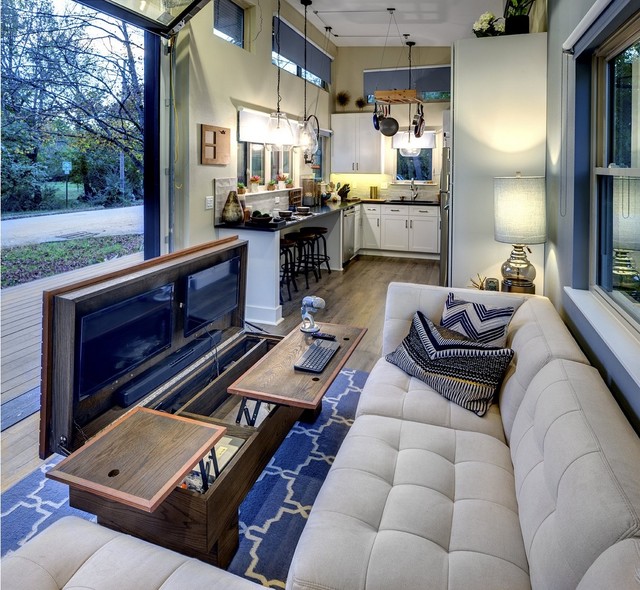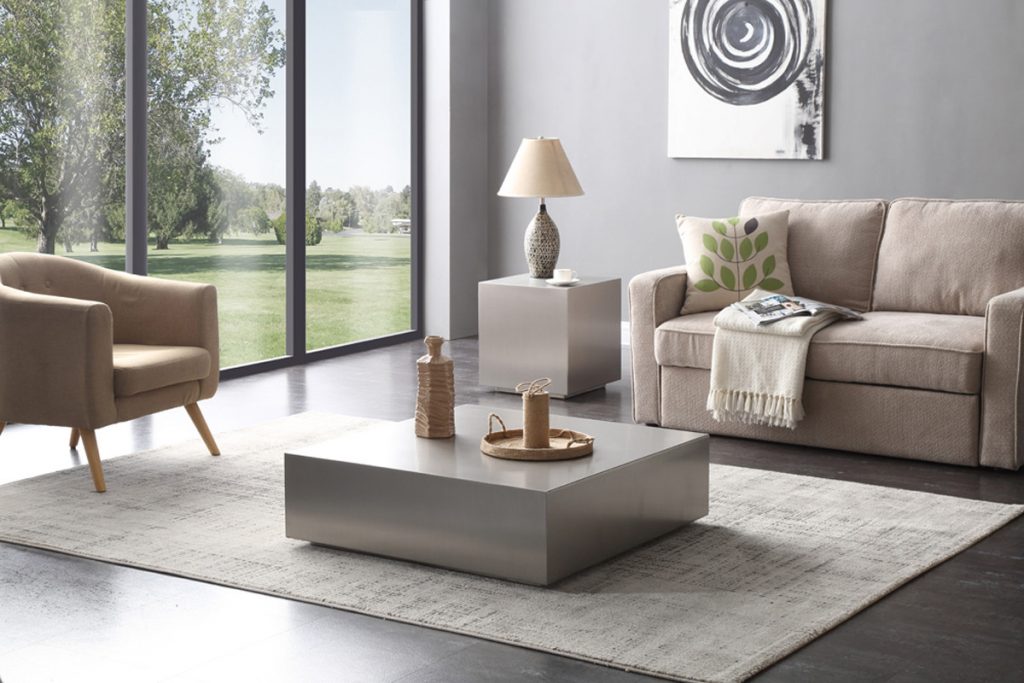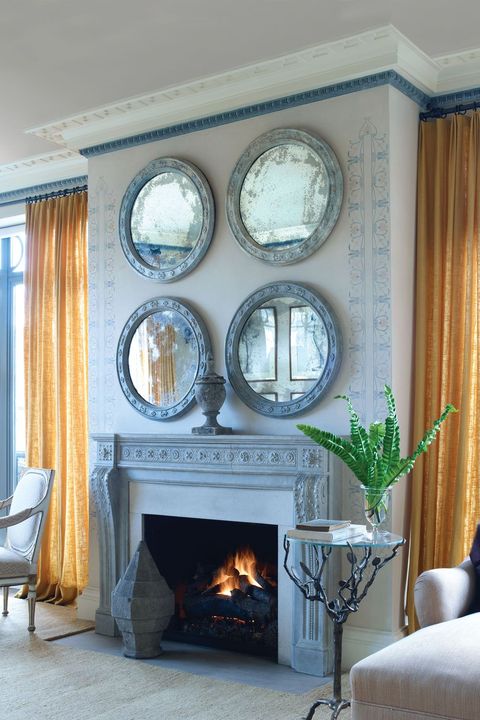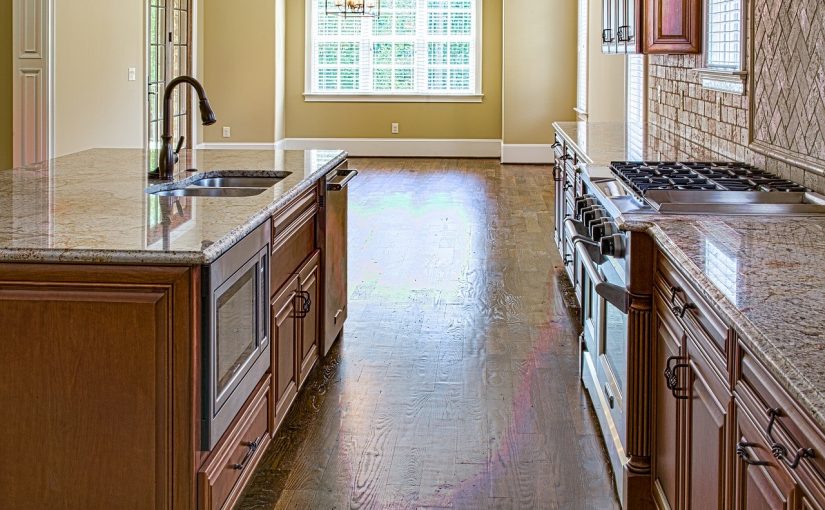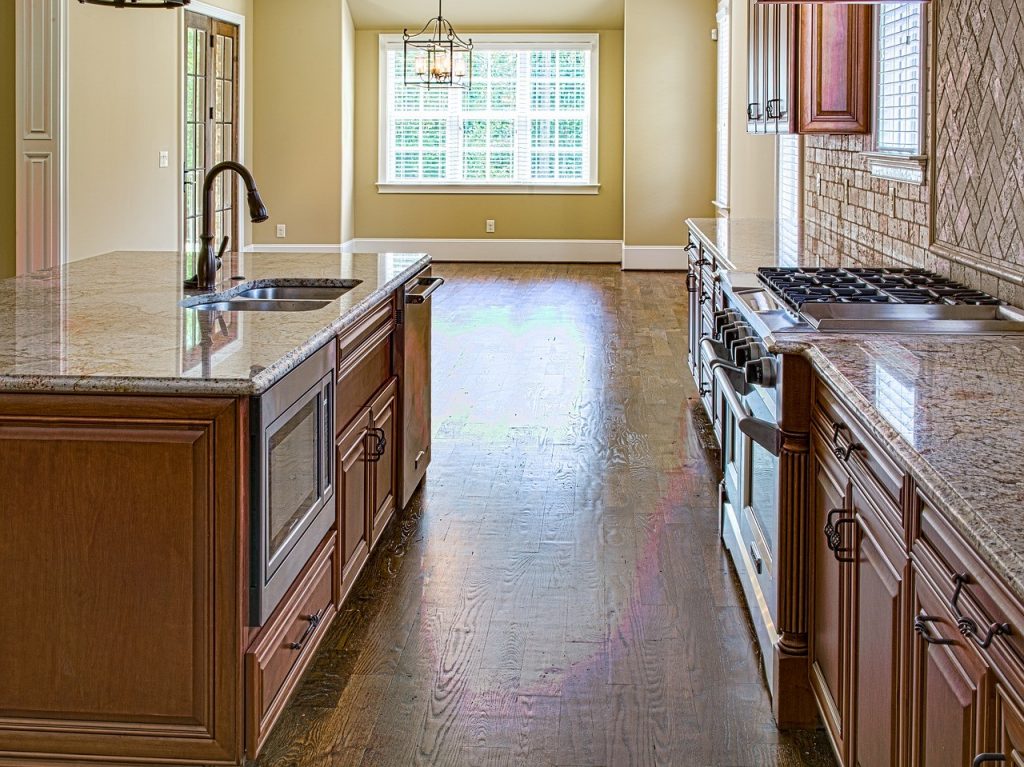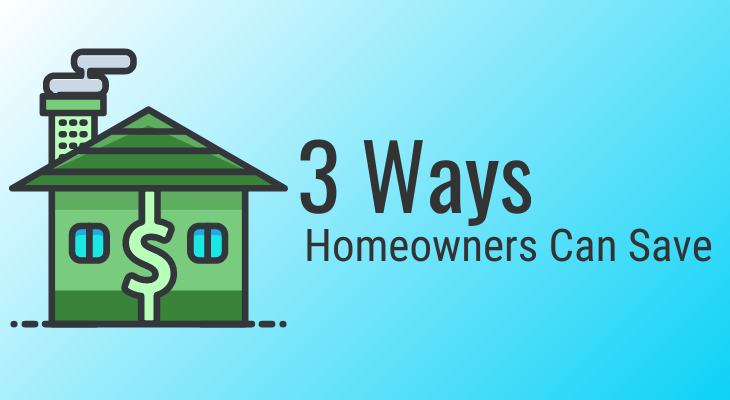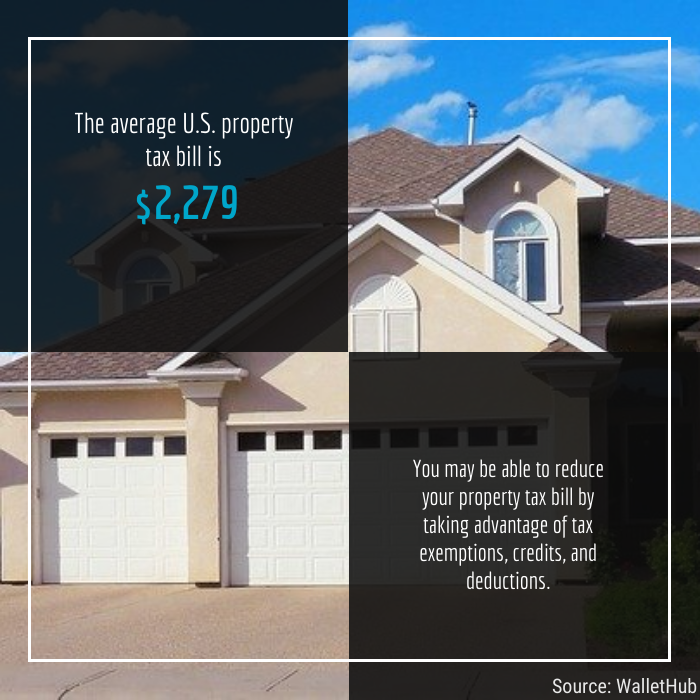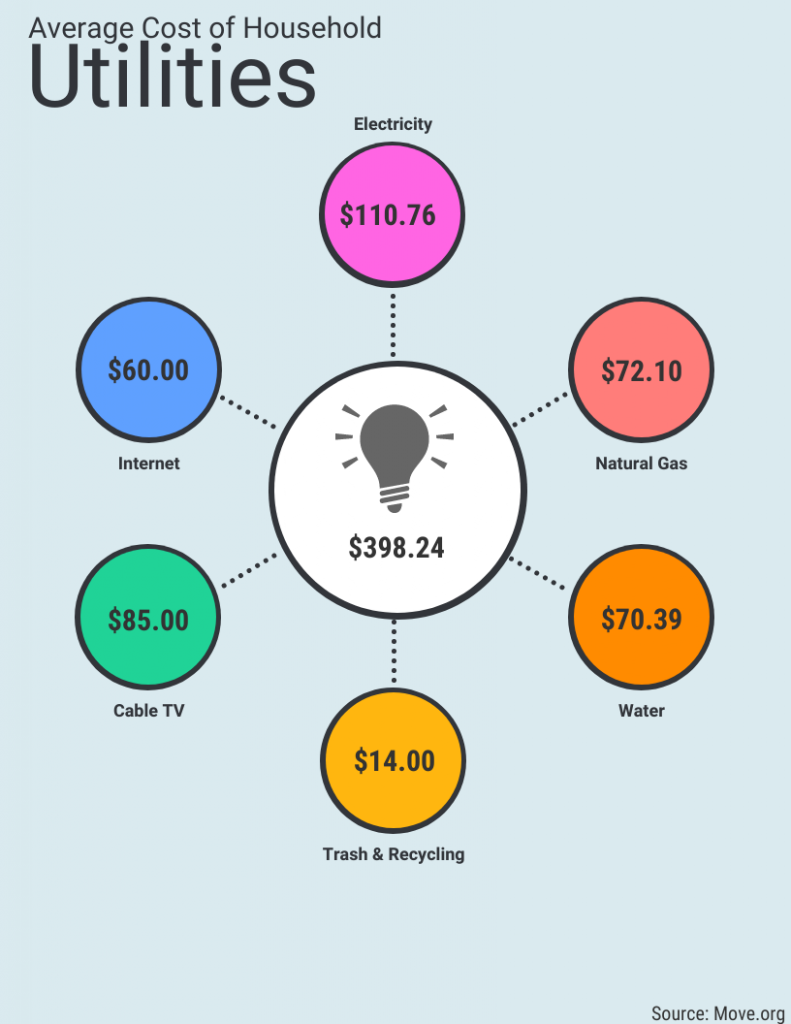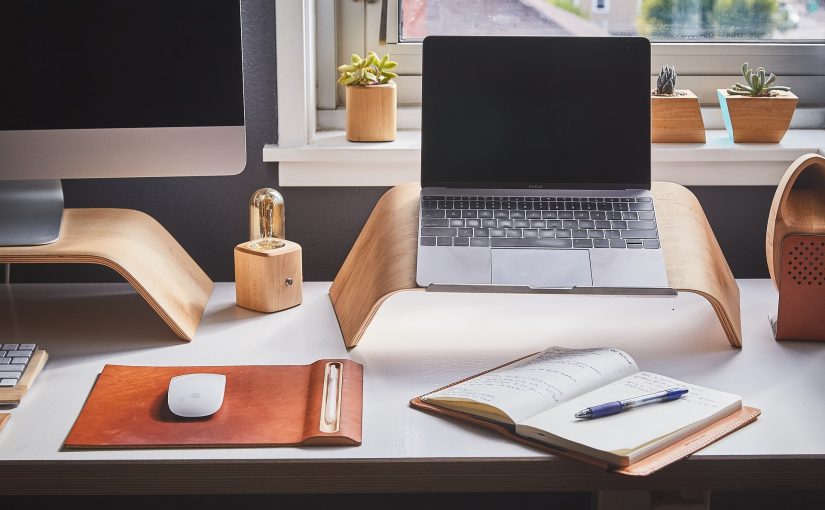Mississauga is a beautiful place and is considered as one of the safest cities in Ontario where life is said to be secure, comfortable, and simple. In fact, Mississauga is the city with the lowest crime rates in Ontario. Mississauga is the sixth-largest city in Canada. Although, it’s just fifty minutes away from Toronto, it’s comparatively cheaper to live here. Over the last twenty years, the population has increased and the city is gradually getting more culturally diverse. A study shows that more than forty percent of the people’s native language is Urdu, Polish, Punjabi, Arabic, or Tagalog, i.e. other than English or French.
Toronto Pearson International Airport is situated in this city, which is an added advantage of living in Mississauga. Proximity to the airport ensures that your chances of missing your flight due to traffic will be significantly lower. If we talk about transport, MiWay: a network of bus routes is offered by Mississauga which makes traveling across the city much easier. You can choose the Blue MiExpress bus and orange MiLocal bus for express travel and local trip respectively. As mentioned earlier, Mississauga is relatively cheaper than Toronto; hence, it is a great place for residing if you work in Toronto. You can easily park your car at Kipling station and travel to the city. Various areas in Mississauga have TTC bus stops.
Homes in Mississauga
Rent to own homes in Mississauga is a very good idea as the airport is near and Toronto is less than an hours’ drive away. You can consider staying at Cooksville: Mississauga’s City Centre. It is an attractive place with various restaurants, grocery stores, clothing shops, and schools. The University of Toronto located in Mississauga is an impressive higher learning institution of Canada. Sheridan College has located in the heart of Mississauga City Centre making is another prestigious educational center.
There are various amenities nearby such as Square One Mall, Living Arts Centre, and the Central Library. People opting to live in Cooksville are usually first-time home buyers and new immigrants to the city. You can look for homes in Port Credit or Lakeview if you love lakes and water bodies. You’ll be able to see various restaurants, coffee shops, and grocery stores. The houses in Mississauga are more affordable than in Toronto. The prices are even lower outside the City Centre.
Weather in Mississauga
There is a diverse climate in Mississauga throughout the year. The summers are hot with high temperatures and humidity levels ranging from 20°C to 30°C. In winters, the temperature is as low as -15°C. January is the coldest month in Mississauga with a relatively low snowfall level than the rest of Ontario. However, during the entire year, January through April, and October through December are the months with snowfall.
Recreation in Mississauga
Mississauga has around 400 parks to explore. It is a popular shopping destination with several huge malls. It is a slower-paced community that has all the amenities and facilities. One can also get a glimpse of the amazing lake.
This city is growing at a fast pace and there are some interesting things you can do such as catching a play at The Living Arts Centre, watching a Mississauga Steelheads game, hopping around the Trampoline Park, enjoying indoor winter sports at the Alpine Indoor Ski and Snowboard Centre, go axe throwing, relaxing at the Kariya Park Japanese Gardens, taking selfies at the Marilyn Monroe Towers, dancing the night away at Sugar Daddy’s Night Club and waking up early on weekends to visit Lions Farmer’s Market. Various activities for almost all age groups such as walking, cycling, jogging, skating, and skiing take place during the winter months. There are numerous recreational activities in the Credit River and other similar places with serene surroundings.
Business in Mississauga
The city offers business opportunities in various sectors such as in the fields of biomedical, pharmaceuticals, consumer products, automotive, information technology, aerospace, telecommunication, and finance. More than 50,000 businesses, 400,000 employees, 1,200 multinational firms, and 61 of Fortune 500 Canadian have their head offices are in Mississauga. It is the 3rd largest FIRE (Finance, Insurance, Real Estate) cluster in North America which is also one of the largest in the world. According to Foreign Direct Investment (fDi) Magazine, Mississauga is the No.1 mid-sized American City.
Since the year 2003, it has earned an ‘AAA’ credit rating consistently by Standard & Poor’s Ratings Services, due to outstanding liquidity levels, debt-free location, and bustling economy. Only a few places could provide the beautiful opportunity of living in the suburbs without missing out on urban amenities. Interestingly, Mississauga is one of them. With parks, public spaces, institutions, shops, and grocery stores, the place has almost everything to offer that is required by a household. It has so many residential and commercial complexes with public transits. The city provides amazing options to reside as well as to invest.
Author: Eernesto T Felder
